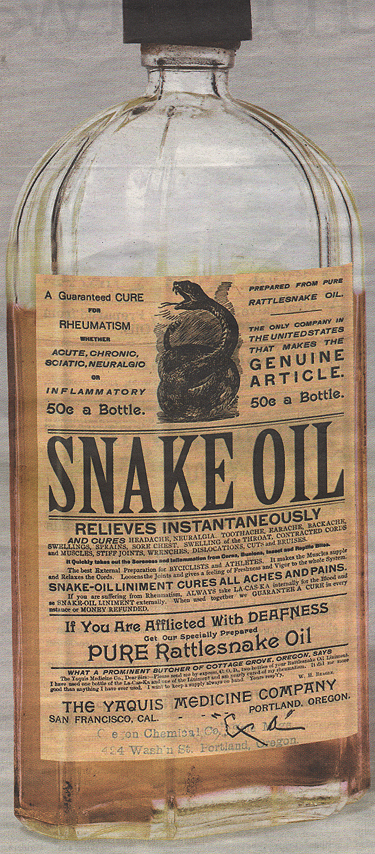How the Internet Helps Parents Understand Eating Disorders
We've all heard of patients and parents of patients "Googling" an illness or treatment and arriving to appointments with print-outs and pointed questions. The problem is new, but not unexpected. New technologies and access often make people nervous. There was a time when women weren't allowed to read novels and locomotive trains were believed to cause internal damage because they traveled so fast. To be fair, the public is known to over-reach on new ideas as well: the Atkins Diet and pet rocks come to mind.
I Got It Off the Internet
It is true that the Internet is replete with bad information on eating disorders. You can find outdated, false, and even damaging information even on reputable sites. The range of sources is nearly infinite, and our ability to discern it is limited. Most of us are not experts, and we don't have professional training in statistics, medical terminology, or a grounding in psychology.
"I got it off the Internet" can mean anything from "I got a forwarded message from a friend" to full text articles in medical journals. Very little of the literature that our doctors and other professionals are reading is inaccessible to the public. There is no secret handshake or password protecting the public from access to original sources.
So how does access to the Internet change the relationship with clinicians treating our kids for eating disorders? A lot. In a rapidly changing and multi-disciplinary field, the information available is a full-time job to read and synthesize: and eating disorder treatment professionals already HAVE a full-time job. When a desperate parent goes on a Google quest, we are focused on a very specific case - age, diagnosis, history - and filter other information out. If we're good at it, we know what sources to avoid. Even if we are bad at it, we can come across new information absolutely by coincidence that our doctors and clinical team haven't seen or don't have the training to integrate into their practice.
Bias and Self-Interest

Parents have a bias: the best interests of our children and our family. Clinicians have biases as well: the weight of their training, the philosophy of their mentors, the culture of their profession, the filter of professional judgment, and the limitations of the 24-hour day.
For example, a recent study of dietitians revealed a general attitude about the cause of eating disorders that simply isn't in line with the science. Public health students, who will soon be in the work world creating and interpreting healthcare policy, struggle with the same harmful prejudices of the general public.
Both parents and clinicians have egoistic bias as well: we want to be right, and thought of well by others. If the information we gather challenges our general philosophy of life or values, we may be slower to accept new information. If we are intellectually challenged by the new information, we may resist change due to inertia, or pride, or the necessity of changing other values. I know I had to set aside a number of fixed beliefs in the face of what I learned about eating disorders and mental health.
Access, direct access, to alternate ideas and new information in the eating disorder field changes our relationship with the people who treat our children. It means we will have opinions, and they may differ from the person we are calling on to help us. This access can make us obnoxious, or allies.
But let's not forget that we have the right, and the responsibility, to educate ourselves. People are selling snake oil, yes, but only because we're buying it.
APA Reference
Collins, L.
(2010, May 19). How the Internet Helps Parents Understand Eating Disorders, HealthyPlace. Retrieved
on 2025, December 18 from https://www.healthyplace.com/blogs/eatingdisorderrecovery/2010/05/father-knows-best-how-the-internet-keeps-some-parents-ahead-of-the-eating-disorders-field